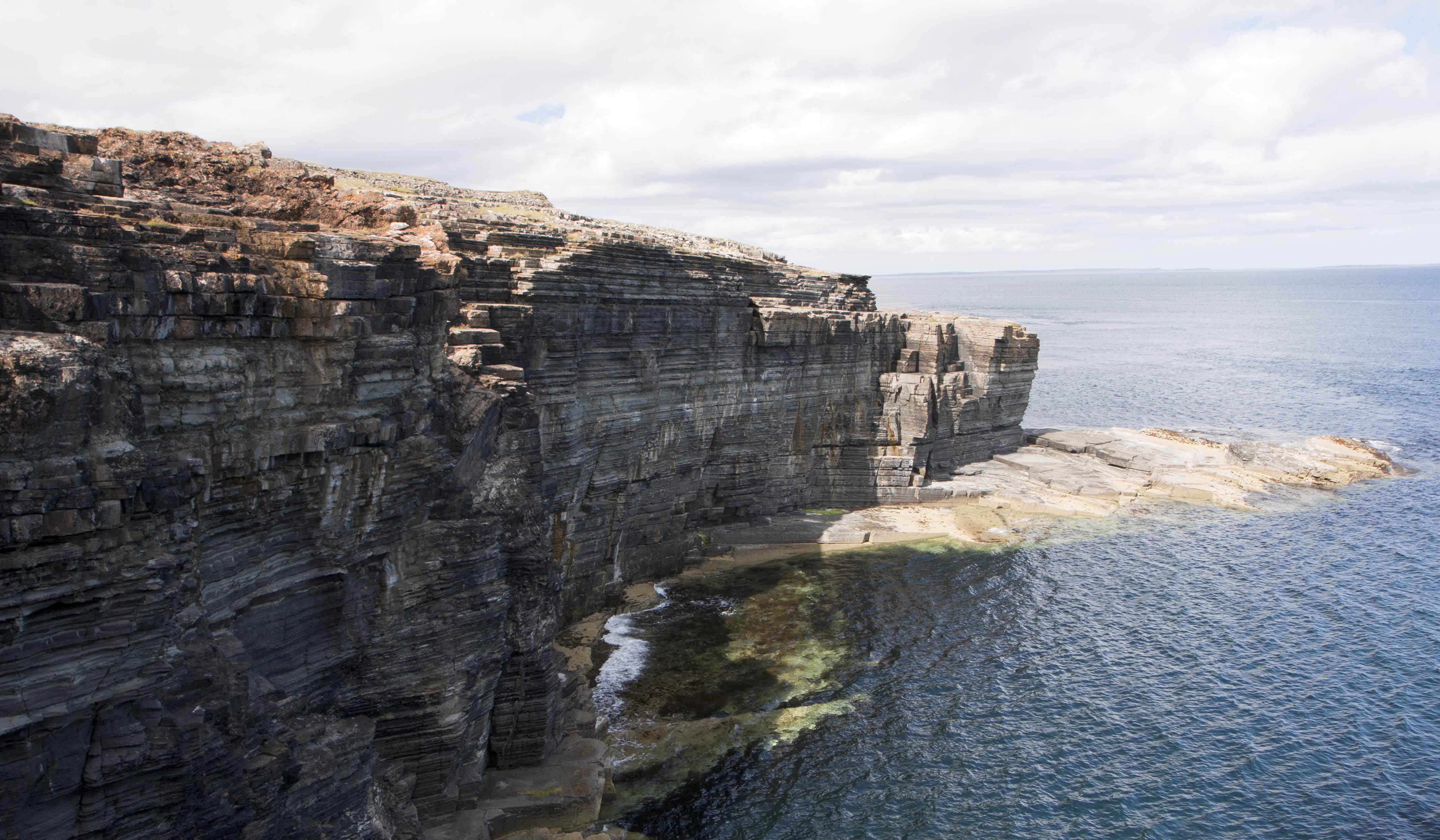Local data centers can become sustainable alternatives to the tech giants
Today, much of our data is stored in huge data centers owned by tech giants like Amazon and Google. Local data centers might in the future present a better and more sustainable alternative, says ITU Professor Philippe Bonnet, who is experimenting with local data centers in the Orkney Islands.
Computer Science DepartmentResearchdata storagegreen ITPhilippe Bonnet
Written 20 December, 2018 10:07 by Vibeke Arildsen
Every time we check Instagram, stream a movie or upload a picture to the cloud, data is sent through a data center – often owned by a major international tech company. As long as the internet connection is good and the data amounts small, this is typically a smooth process.
However, there are two major disadvantages of storing data in the large data centers, says Philippe Bonnet, Professor in data systems at ITU.
"Firstly, transporting data across long distances requires enormous amounts of power. And secondly, you may have private or sensitive data that you don’t necessarily want to get into the hands of a large tech company," he says.
According to Philippe Bonnet, smaller decentralized data centers might in the future become a meaningful alternative that addresses both sustainability and privacy challenges – especially when it comes to data produced and used in the same geographical place.
Local data centers in the Orkney Islands
In a recently completed research project, Philippe Bonnet has developed a concept for such local data centers in the Orkney Islands north of the Scottish mainland. The isolated location of the islands coupled with a substantial production of sustainable energy from wind and waves make them an ideal place to experiment with a new type of data centers.
"The Orkney energy system produces large amounts of data, which is also used locally. It doesn’t make sense to store and process this data in Dublin or elsewhere. If we instead store the data in local data centers, processing time will be shorter and the energy consumption will decrease, since data won’t be sent back and forth. So it is also a more environmentally sustainable solution," he says.
Small data centers can also be plugged directly into the local sustainable energy sources, thus becoming even more energy-efficient.
 Students from ITU are currently working on implementing decentralized data centers in the Orkney Islands.The decentralized data infrastructure on the Orkney Islands has not yet been implemented, but several groups of ITU students are currently experimenting with various technical solutions in collaboration with local energy companies.
Students from ITU are currently working on implementing decentralized data centers in the Orkney Islands.The decentralized data infrastructure on the Orkney Islands has not yet been implemented, but several groups of ITU students are currently experimenting with various technical solutions in collaboration with local energy companies.
Valuable local data
According to Philippe Bonnet, decentralized data storage not only makes sense in remote island communities like the Orkney Islands. He believes that the question of how data is stored is central when we decide what kind of society we want to create.
Right now, we are a situation where we allow international technology companies to store, and therefore reap the value of, many valuable and critical data - for example about our roads, energy supply and schools.
Philippe Bonnet, Professor at ITU
"Data centers are the backbone of the digital economy. Right now, we are a situation where we allow international technology companies to store, and therefore reap the value of, many valuable and critical data - for example about our roads, energy supply and schools. This might make good economic sense for global services, but not necessarily for services where data is produced and used locally," he says, adding that no good alternatives to the large data centers currently exist.
Therefore, more research is needed on alternative models such as local decentralized data centers, he believes.
"If people in the Orkney Islands – or people in Copenhagen for that matter – can take ownership of their own IT infrastructure, we will get a different kind of society than what we get if we depend on the big tech companies."
Harder to scale
The disadvantage of small decentralized data centers is, however, that they require quite a lot of maintenance relative to their size, says Philippe Bonnet.
"Large data centers like those being built in Denmark right now are super efficient and require only a small number of maintenance staff to run considering the amount of data that they are storing. Decentralized data centers don’t have the same options for scaling," he says.
It is also a human challenge that requires people to share knowledge and experience across distances.
Philippe Bonnet, Professor at ITU
Maintaining such a decentralized infrastructure is not just a technical issue, he adds.
"It is also a human challenge that requires people to share knowledge and experience across distances. How to tackle this is an open question."
Philippe Bonnet, Professor, email phbo@itu.dk
Vibeke Arildsen, Press Officer, phone 2555 0447, email viar@itu.dk